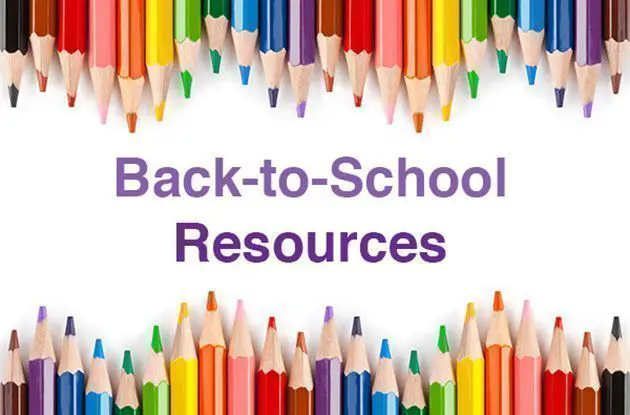Your child brings home a report card with a disappointing grade—or grades. What should you do, and is it time to consider hiring a tutor? Here, a list of smart strategies to turn things around:
Calmly talk it over with your child. Discuss the fact that expectations were not met, and try to identify the reasons. Did he frequently forget to hand in homework? Is she having trouble focusing in the classroom, or reading one of more of her textbooks?
Don’t wait to address the problem. We’re all optimists, and some parents think, “My son or daughter is going to turn this around.” But the wise parent will take action quickly and not wait for a second warning. Even if a child has merely moved down to B’s from A’s, you want to catch the trend early.
Rule out medical issues. If your child hasn’t had a checkup lately, now would be a good time. Make sure his hearing and eyesight are fine, so he’s able to understand what’s going on in class.
Speak with the teacher. Ask open-ended questions, such as “What are my child’s strengths and weaknesses?” and “What does she have to do in order to improve a grade level?” You’ll gain valuable information.
Explore school-based extra help, but don’t expect it to automatically solve the problem. Frequently there are many kids present, all vying for the teacher’s attention. Often, too, the focus may not be on what your child needs. The teacher is probably tutoring for what’s currently being covered in class. Meanwhile, your child’s difficulty may stem from an earlier concept she didn’t grasp. And for some kids, it’s difficult or impossible to stay for afternoon help, if it means missing a bus or a vital extracurricular activity.
Think about hiring a tutor. If extra help at school hasn’t helped in the past, or doesn’t correct the problem quickly now, it’s time to consider a tutor—someone who will focus all of his or her attention on your child’s particular problem. Some other signs your child needs a tutor include general lack of motivation; procrastination when it comes to homework; sloppy homework execution; overall disorganization; and a change in personality—has she become angry or despondent, especially over school?
Ask the tutor to perform an overall evaluation. It’s like going to the doctor and getting a full battery of tests to figure out exactly where the trouble is.
Make sure your child and the tutor set goals. Many kids go through school and don’t really set goals for themselves. The tutor might ask, “What kind of grades are you interested in?” or “What score do you want to achieve on that standardized test you need to take?”
Look for signs of progress. Even before your child’s grades improve, his attitude about school and tutoring probably will. Initially, most kids are no more enthusiastic about getting tutored than they would be about flying to the moon. But as time goes by and they see success, and begin escaping the failure chain of poor grades, they start having a positive attitude. In fact your child’s overall personality might change for the better, and the level of tension in your household may go down since there’s not as much stress over homework.
Peek at the parent portal. If your school offers one, check it regularly to keep tabs on your child’s performance.
Keep the lines of communication open with your child. Don’t just ask how his day was; say “How did you do on that history test you told me you’d be taking?” or “You told me Mrs. Jones was out—how was her substitute?” You’ll get a better overall picture.
Be patient. It may take a marking period for your child’s marks to show improvement. But with the right help, miracles can happen! A child who was going to be retained may be ready, by the start of the following school year, to not only pass but to excel in the next grade.




















